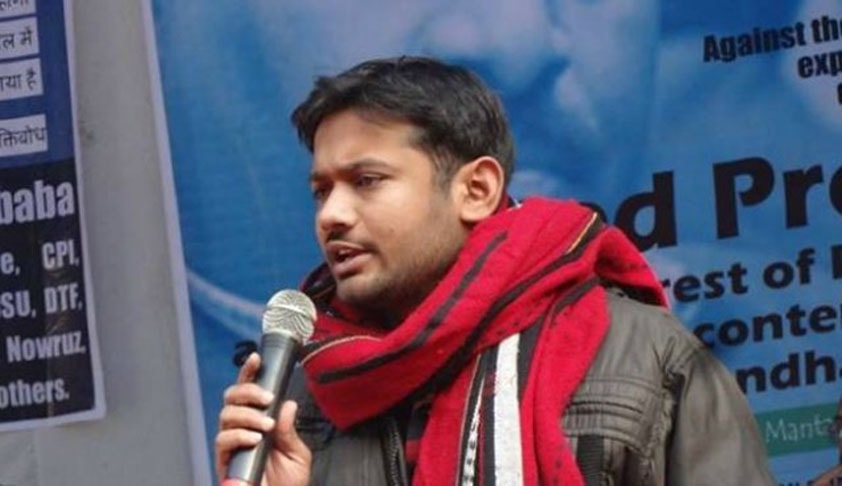JNU row: SC refuses to hear contempt plea against Kanhaiya, Umar as AG declines consent
LIVELAW NEWS NETWORK
29 Feb 2016 12:55 PM IST

Next Story
29 Feb 2016 12:55 PM IST
The Supreme Court today refused to list for hearing a criminal contempt plea filed by a lawyer against JNUSU president Kanhaiya Kumar, student activist Umar Khalid, ex-DU professor SAR Geelani, and four others for labelling Afzal Guru’s hanging as ‘judicial killing’ on the ground that Attorney General had declined consent to it.When senior lawyer J P Dhanda who appeared for petitioner...
